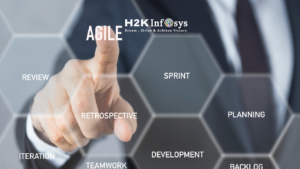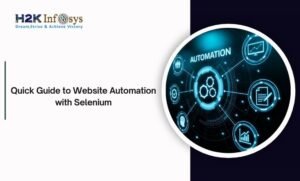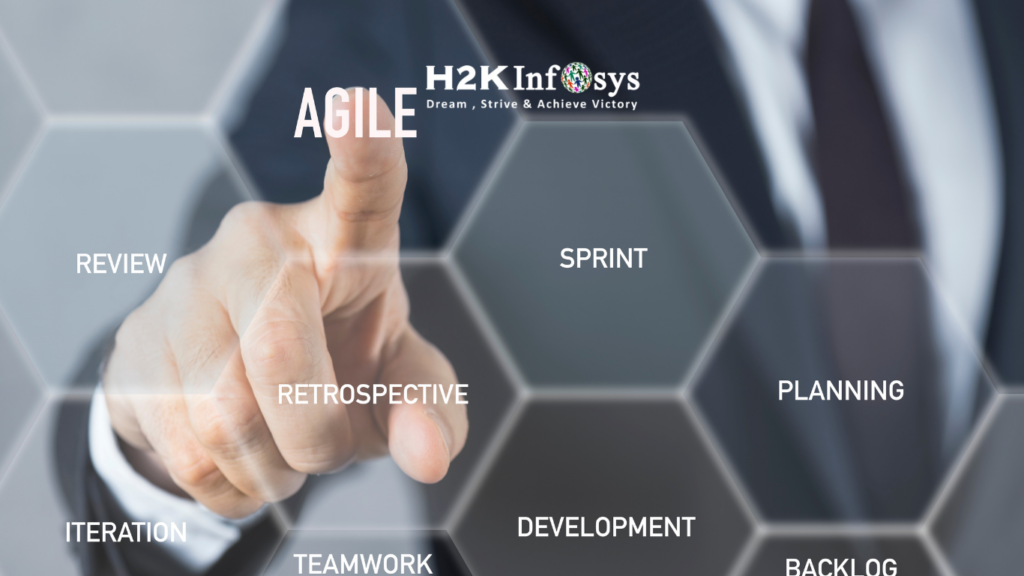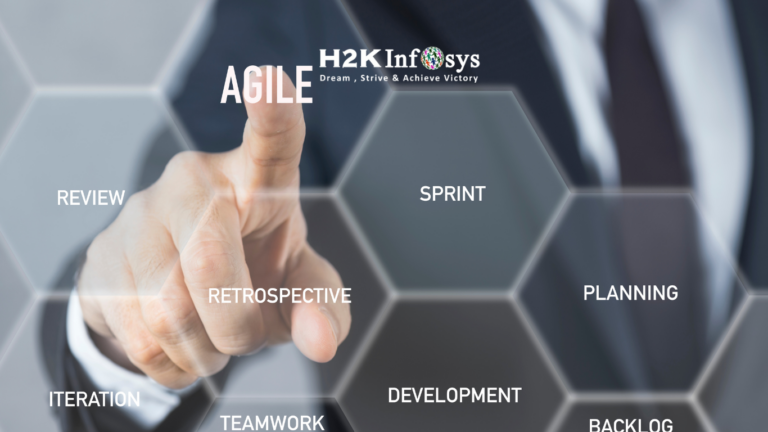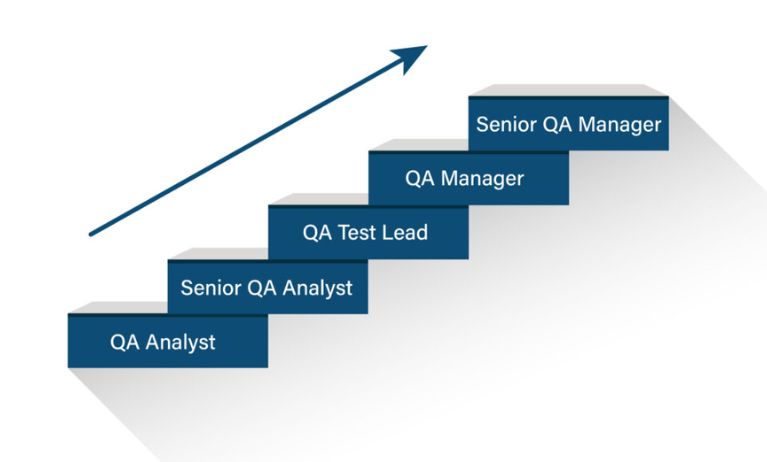Introduction
In today’s data-driven world, analytics engineers play a crucial role in transforming raw data into actionable insights. If you’re preparing for an interview for this position, understanding the questions you might encounter is key to your success. This blog post covers the top 10 analytics engineer interview questions and provides detailed answers to help you ace your next interview.
1. What is an Analytics Engineer?
An analytics engineer is responsible for building and maintaining data pipelines that allow organizations to collect, process, and analyze data. They work closely with data scientists and analysts to ensure that the data infrastructure supports the business’s analytical needs.
2. Can you explain the ETL process?
ETL stands for Extract, Transform, and Load. It’s a process used to collect data from various sources, transform it into a usable format, and load it into a data warehouse. The extract phase involves retrieving data, the transform phase involves cleaning and structuring data, and the load phase involves inserting the data into a storage system. This process is critical for ensuring that data is accurate and accessible for analysis.
3. How do you handle large datasets?
Handling large datasets involves several strategies, including optimizing data storage, indexing, and using efficient algorithms for data processing. Techniques like partitioning data, using distributed computing frameworks (e.g., Hadoop, Spark), and leveraging cloud-based storage solutions can significantly improve performance.
4. What is data modeling, and why is it important?
Data modeling involves creating a visual representation of data and its relationships within a system. This process helps in organizing and structuring data, making it easier to manage and query. Good data modeling practices are essential for ensuring data integrity, consistency, and efficient data retrieval.
5. Describe a challenging data problem you faced and how you solved it.
In this section, candidates should provide a specific example of a difficult data-related issue they encountered, such as data integration or performance optimization. The response should include the steps taken to identify the problem, the solution implemented, and the outcome achieved. This question assesses problem-solving skills and practical experience.
6. How do you ensure data quality and accuracy?
Ensuring data quality involves implementing validation checks, data cleansing procedures, and regular audits. Techniques such as data profiling, anomaly detection, and setting up automated quality controls can help maintain high data standards. It’s also crucial to establish clear data governance policies.
7. What are some common data warehousing solutions?
Common data warehousing solutions include Amazon Redshift, Google BigQuery, Snowflake, and Microsoft Azure Synapse Analytics. These platforms offer scalable, cloud-based data storage and processing capabilities, making them ideal for handling large datasets and complex queries.
8. Can you discuss a time when you optimized a database query?
Candidates should share a specific instance where they identified inefficiencies in a database query and optimized it for better performance. This may include techniques like indexing, query rewriting, or using materialized views. The answer should demonstrate their understanding of database management and optimization.
9. How do you stay current with new technologies and tools in data analytics?
Staying updated involves continuous learning through online courses, attending industry conferences, participating in webinars, and reading relevant blogs and journals. Networking with other professionals and engaging in online communities can also provide valuable insights into the latest trends and tools.
10. What role does data visualization play in your work?
Data visualization is crucial for interpreting data and presenting insights in an accessible way. Tools like Tableau, Power BI, and Looker are often used to create visual representations of data. Visualization helps stakeholders understand complex data sets, identify trends, and make informed decisions.
Conclusion
Preparing for an analytics engineer interview involves understanding key concepts and being ready to demonstrate practical experience. By familiarizing yourself with these common questions and answers, you can confidently approach your interview and showcase your expertise.


